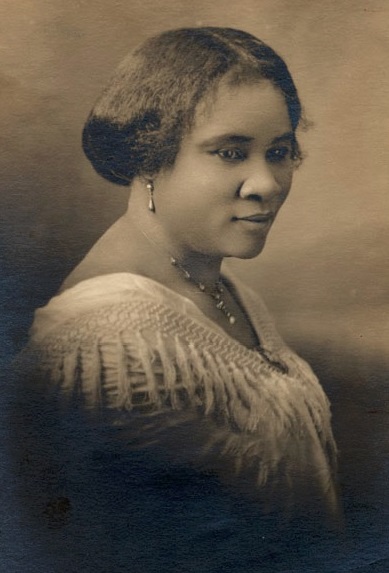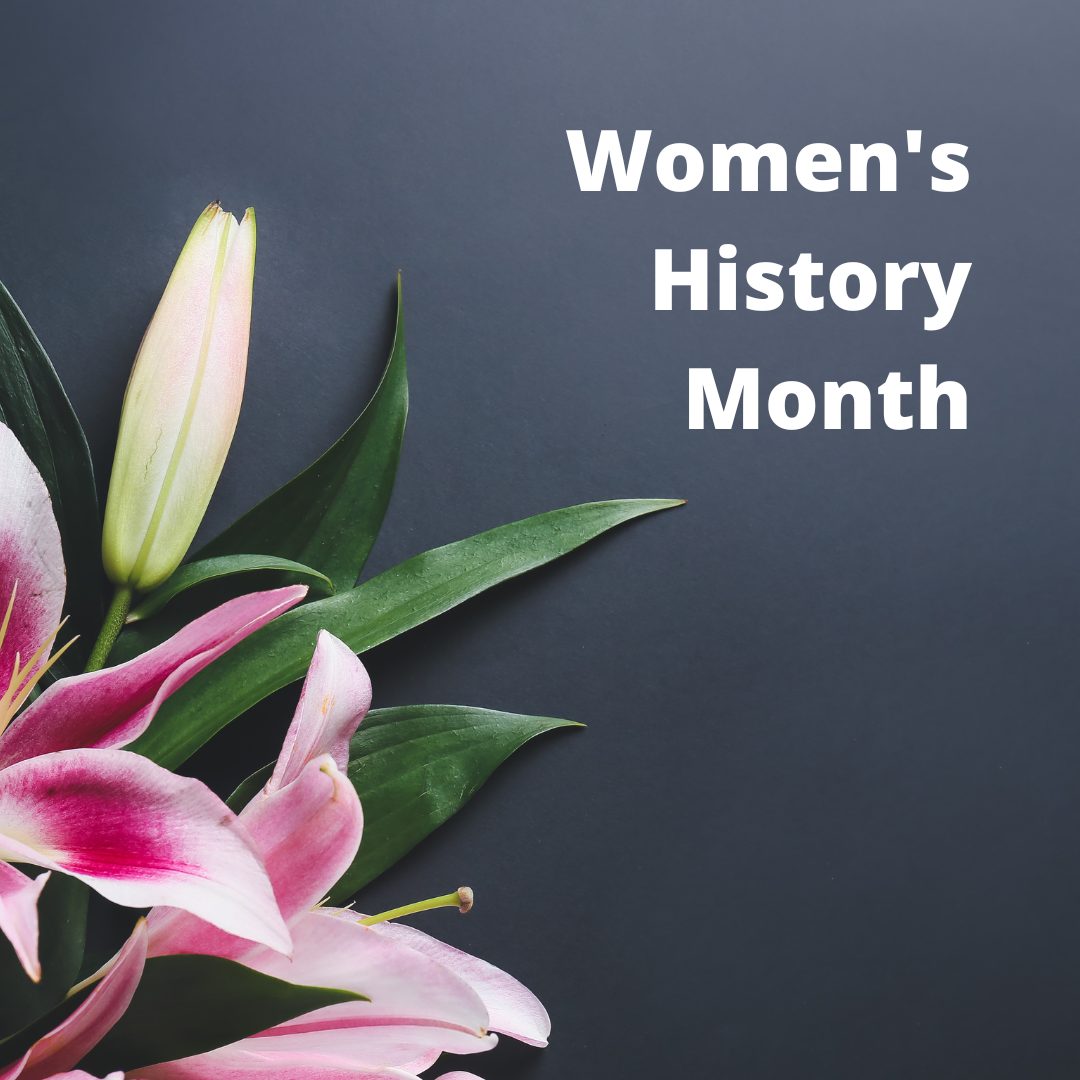Women in Real Estate
10 Things you may not have known:
1. Early Property Ownership: Throughout history, women have been involved in real estate through property ownership. In ancient civilizations such as Ancient Egypt, Greece, and Rome, women were known to own and manage real estate properties, including land, houses, and businesses.
2. Land Ownership in Colonial America: In colonial America, women’s property rights varied depending on the region and cultural norms. In some areas, women had the legal right to own and inherit land, while in others, property ownership was restricted primarily to men. Despite these limitations, there were instances of women acquiring and managing real estate properties.

Sarah Breedlove, known as Madam C.J. Walker
3. Pioneering Female Developers: In the 19th and early 20th centuries, pioneering women entered the real estate development industry, challenging traditional gender roles. Women such as Sarah Breedlove, known as Madam C.J. Walker, and Hetty Green became successful real estate investors and developers, acquiring and managing properties across the United States.
4. Suffragists and Property Ownership: During the suffrage movement in the late 19th and early 20th centuries, property ownership was a significant issue for women advocating for voting rights. Many suffragists argued that women should have the right to vote and own property, including real estate, as a means of achieving economic independence and political empowerment.
5. Real Estate Brokerage Pioneers: In the early 20th century, women began breaking into the male-dominated field of real estate brokerage. Women such as Cora Williams became pioneering real estate brokers, establishing their own brokerage firms and paving the way for future generations of women in the industry.
6. Fair Housing Advocates: Women have played crucial roles in advocating for fair housing practices and combating housing discrimination. Civil rights activists and fair housing advocates such as Dorothy Height and Daisy Bates fought against racial and gender-based discrimination in housing and real estate practices.
7. Real Estate Investment Clubs: In the mid-20th century, women formed real estate investment clubs and groups to educate themselves about real estate investment strategies and opportunities. These clubs provided networking opportunities and resources for women interested in investing in real estate properties.
8. Fair Housing Legislation: Women have been instrumental in advocating for and shaping fair housing legislation in the United States. Women lawmakers such as Patsy Mink and Shirley Chisholm were champions of fair housing laws, including the Fair Housing Act of 1968, which prohibited discrimination in housing based on race, color, religion, sex, or national origin.
9. Real Estate Education: Women have pursued real estate education and training to advance their careers in the industry. In the late 20th century, institutions such as the National Association of Realtors (NAR) and real estate schools offered professional development programs and certifications tailored to women in real estate.
10. Modern Real Estate Leaders: In the 21st century, women continue to make significant strides in real estate leadership and entrepreneurship. Female real estate developers, brokers, investors, and executives contribute to shaping the industry’s landscape and driving innovation in real estate practices and technologies. 
These historical facts highlight the diverse roles and contributions of women in real estate throughout history, from property ownership and development to brokerage, advocacy, and leadership in shaping the industry’s evolution.

 Facebook
Facebook
 X
X
 Pinterest
Pinterest
 Copy Link
Copy Link


